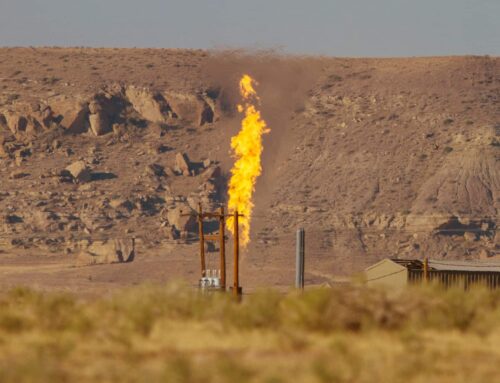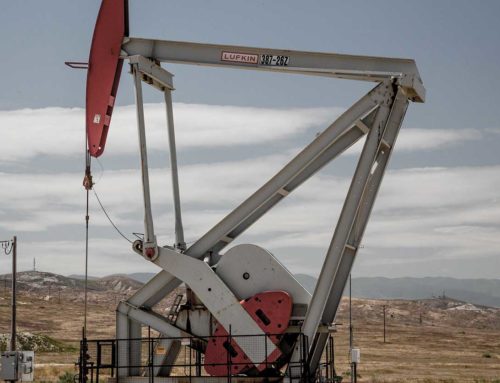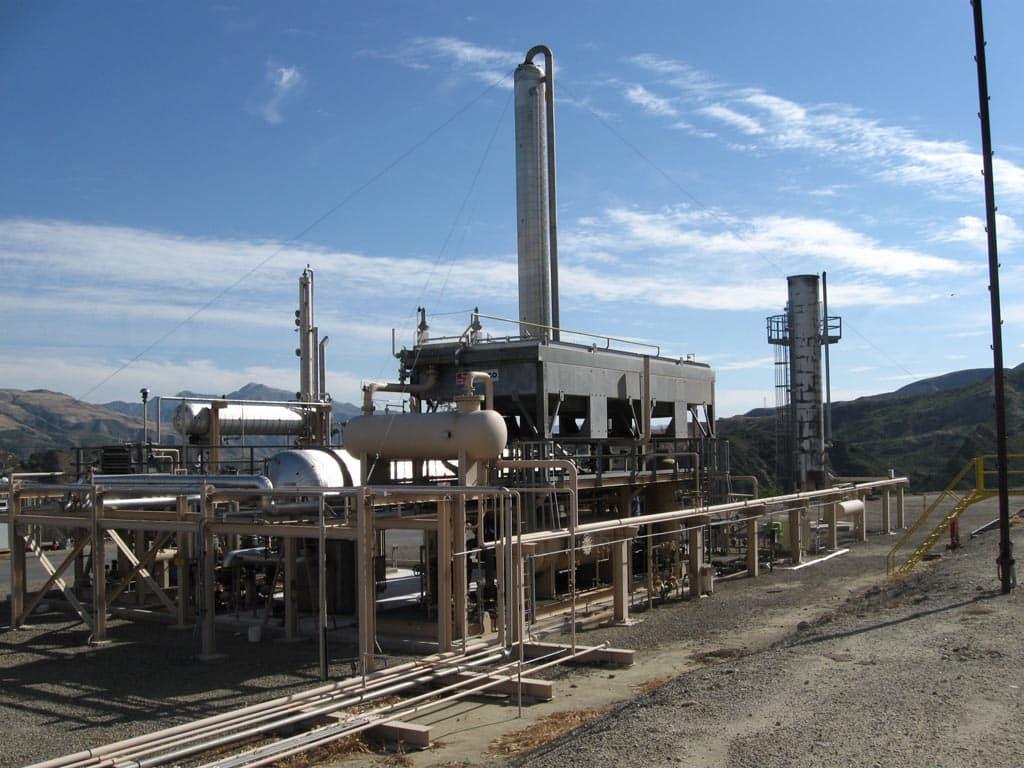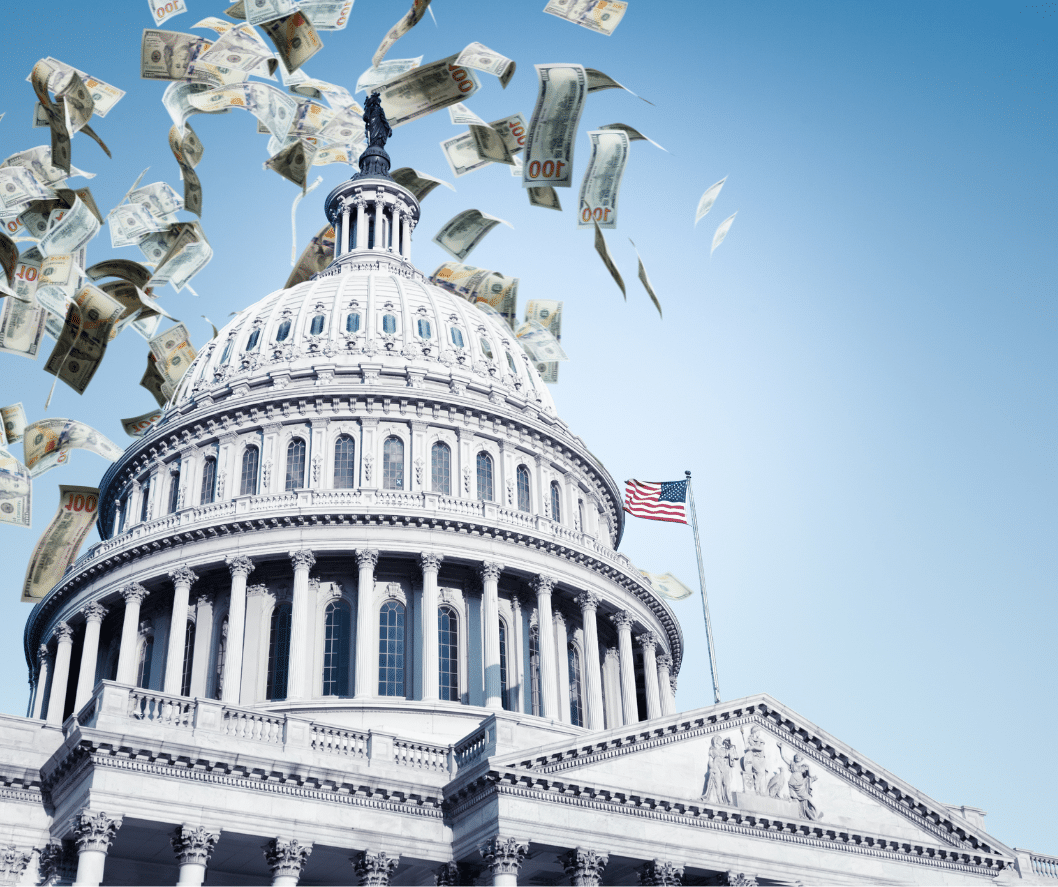U.S. Sen. Tom Udall (D-NM) renewed his push to reform federal land leasing for oil and gas as President-elect Joe Biden plans to take office after advocating for a potential moratorium on federal oil and gas leasing throughout the campaign.
Udall and Sen. Chuck Grassley (R-Iowa) introduced the Fair Returns for Public Lands Act in February intended to “modernize” the public lands royalty system to increase returns from federal land use by $200 million to federal and state taxpayers in the next 10 years.
On Wednesday, the senators wrote an op-ed in the New York Times promoting their bill and justifying its passage during Congress’ ongoing session which ends in January.
“Updating our oil and gas leasing laws is just the first step that the federal government should take to make sure taxpayers get a fair deal while protecting our public lands,” read the column. “We hope our colleagues in Congress agree and move expeditiously to pass our bill before this legislative session ends in January.”
The royalty rates operators pay on energy development on federal land were set in 1920, and the Act would increase the rates and the share received by taxpayers to reflect market values.
When the royalty rate of 12.5 percent of the value of what is extracted was set, the senators argued oil and gas industries were much smaller, as the automobile had yet to come into prominence, and the rate should be raised to reflect the industry’s growth.
If passed, the Act would raise the royalty rate to 18.75 percent.
It would also increase minimum bids for federal land leases to $10 per acre from the current minimum of $2 per acre and set a minimum $15 per acre fee for parcel nominations and would up rental rates to $3 per acre for the first five years of a lease and $5 for the next five.
The bill would also require rental rates to be adjusted every four years to account for inflation.
Grassley and Udall also argued that offshore and private land rates were much higher than on federal land, and a higher rate was warranted in a time of record oil production in the U.S. and rising impacts of climate change.
“Public lands and their natural resources belong to the American people, and it’s only fair to ask those who profit from them to return a fair share to taxpayers.” Udall said in a statement upon introducing the Act.
“After one hundred years of the Mineral Leasing Act, it is high time for real reform that gives state and federal taxpayers their fair share of royalties that fund important education, infrastructure, public health and environmental needs in communities across the country and particularly in the West.”
A report from Taxpayers for Common Sense showed New Mexico lost $2.5 billion in potential revenue in the last decade due to “outdated” and below-market rental fees and royalty rates.
“States charge higher rates to drill on state lands and the federal government charges higher rates to drill offshore,” said Steve Ellis, president of Taxpayers for Common Sense. “It’s time our nation’s archaic policies caught up to the real world and stop short-changing taxpayers.”
Executive Director of the New Mexico Wildlife Federation Jesse Deubel said updating leasing policies was essential to protecting New Mexico’s natural resources and outdoor recreation activities while ensuring the state gets a fair return for their use.
“Oil and gas companies should not be allowed to lease New Mexico’s breathtaking public lands, which provide habitat for critical wildlife, for pennies on the dollar,” Deubel said.
“Senator Udall’s new bipartisan legislation will put an end to this practice by updating the federal onshore oil and gas leasing system to ensure that our state’s long heritage of fishing, hunting, and outdoor recreation will remain for generations to come.”
A study from the Center for Western Priorities found New Mexico would increase revenue by millions of dollars from raising the royalty rates, growing by about $190.9 million in revenue at a rate of 16.67 percent and about $286.1 million at a rate of 18.75 percent.
“Given the country’s fiscal challenges, it is imperative for the federal government to examine all potential sources of revenue,” the report read. “Updating the royalty rate can help to ensure American and Western state taxpayers are finally receiving a fair return from the development of publicly owned oil and gas resources.”










